When it comes to social media, platforms like Facebook, Instagram, and TikTok dominate the conversation. But Twitter (now X) often gets grouped in as if it carries the same weight. The truth? Twitter has far fewer active users than most people think — and its cultural influence is much smaller than the media makes it out to be.
Twitter’s Real User Numbers
Recent studies show that only about 6% of Americans actively use Twitter. Even more surprisingly, just 2% of those users create more than half of all tweets. That means a small elite group of “power users” drives the conversation while the majority of accounts remain inactive. Around 1 in 5 Twitter accounts have never been used after sign-up.
To put that into perspective: more people are living in Rhode Island than the number of highly active Twitter users in the U.S..
Twitter’s Influence vs. Reality
So why does Twitter seem larger than life? The answer lies in media amplification. Politicians, journalists, and celebrities frequently use Twitter to share thoughts, breaking news, or even controversial opinions. News outlets then broadcast these tweets, making Twitter appear like the heartbeat of national conversation.
But unlike Facebook, which serves as a digital hub for billions of people’s lives (photos, friends, events, communities), Twitter is primarily about short, real-time updates. For many Americans outside of urban or professional circles, Twitter is not part of their daily routine.
Who Uses Twitter?
Twitter’s most active base is urban, young, and professional. Users often check the app for quick updates on:
-
Food trucks and local deals
-
Breaking news stories
-
Political statements
-
Viral memes and jokes
While Twitter does shape the media landscape and urban economy through flash sales, coupons, and fast information sharing, it hasn’t fundamentally changed how the majority of Americans communicate.
Twitter and Global Movements
Twitter gained global attention for its role in the Arab Spring uprisings, where activists used it to share updates. However, researchers note that Facebook and SMS messaging were more critical for actual organization and mobilization. In reality, revolutions happen because of people’s courage — not apps.
The Bottom Line
Twitter is often portrayed as a cultural revolution, but in reality, it’s more of a niche platform with disproportionate media attention. Its impact lies in shaping news cycles and offering real-time updates — not in being the dominant social network.
For everyday communication, Facebook, Instagram, TikTok, and even WhatsApp remain far more influential.
And yes — even critics of Twitter still use it to share their thoughts (often right after posting on Facebook).

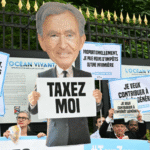




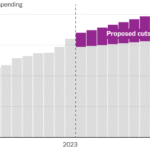

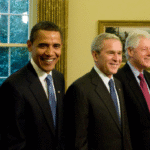


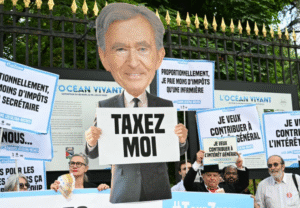


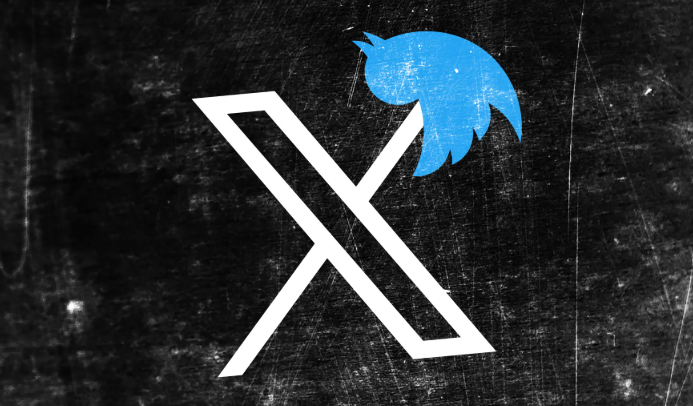

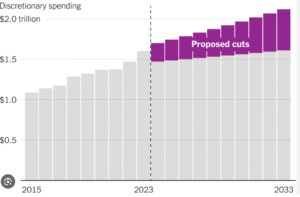


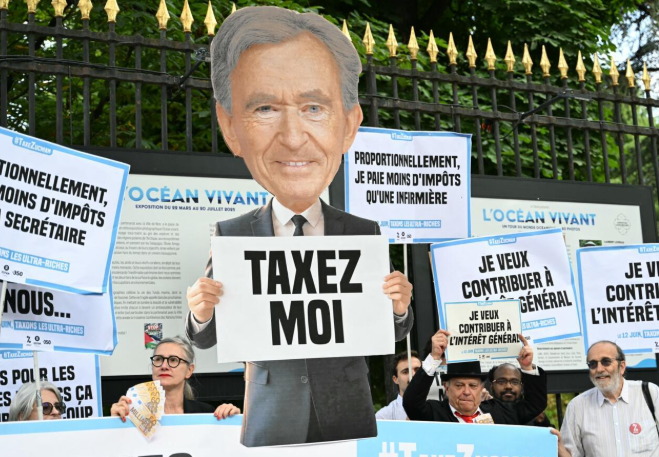


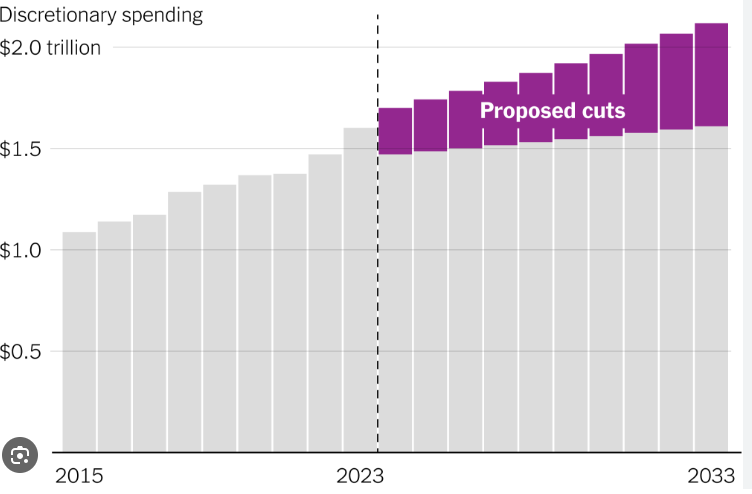

+ There are no comments
Add yours